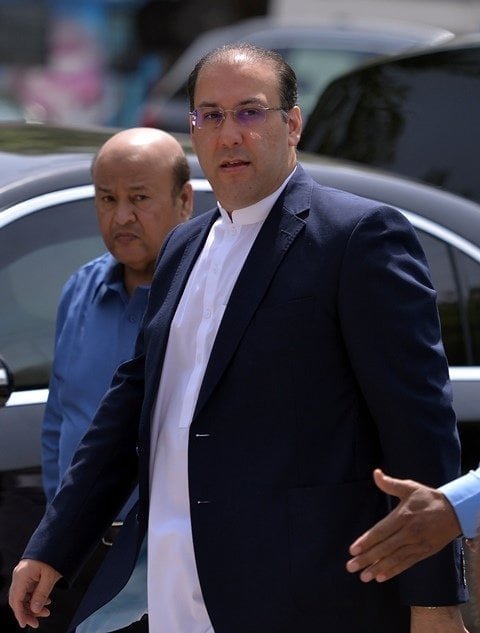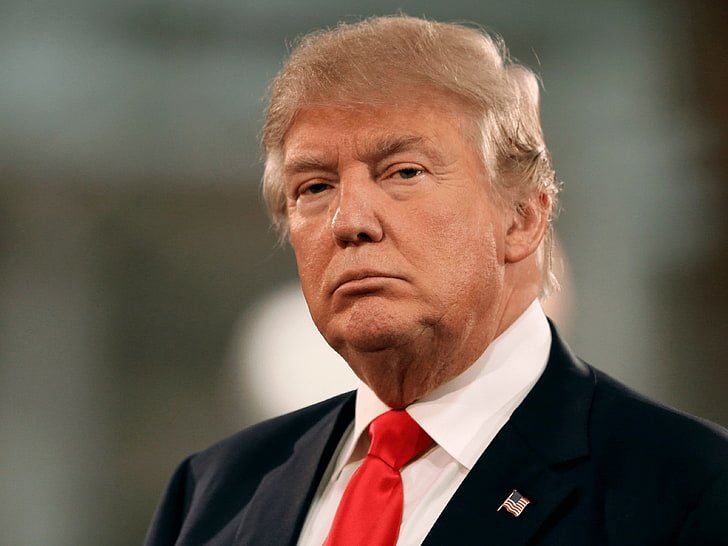Hassan Nawaz’s UK Business Empire Collapses Amid Bankruptcy and Tax Troubles
In a stunning financial and reputational collapse, Hassan Nawaz—son of former Pakistani Prime Minister Nawaz Sharif—has lost control of all his business ventures in the United Kingdom. Once seen as a central figure managing the Sharif family’s overseas investments, Hassan is now facing severe legal and financial consequences, culminating in a formal declaration of bankruptcy in April 2024.
The downfall marks a dramatic reversal of fortune for the once-powerful scion of one of Pakistan’s most influential political families. His business presence in the UK, which included directorship in multiple companies, is now entirely defunct.
From Power Broker to Bankrupt Businessman
Hassan Nawaz was previously listed as a director in at least seven UK-based companies. These included prominent entities like Flagship Investments Limited, Quint Paddington Limited, Que Holdings, and others. These companies have long been the subject of political scrutiny in Pakistan, particularly due to their links to the broader Sharif family’s assets abroad.
As of early 2024, however, all of Hassan Nawaz’s known business entities have either been shut down or are in the process of being liquidated. Public records in the UK now show that Hassan holds no active directorial or executive role in any company—a sharp contrast to the expansive business portfolio he once managed.
The most high-profile companies, Flagship Investments and Quint Paddington, are undergoing official dissolution. These firms were central to various controversies, including those explored during the Panama Papers investigation and the subsequent accountability proceedings in Pakistan.
The Tax Default That Sparked the Collapse
Hassan Nawaz’s financial troubles escalated rapidly when he was declared a tax defaulter by UK tax authorities earlier this year. He was slapped with a massive £5.2 million fine over unpaid taxes, interest, and penalties—a staggering amount that signaled deep-rooted financial mismanagement or neglect.
Following a lengthy investigation by Her Majesty’s Revenue and Customs (HMRC), it was concluded that Hassan had failed to meet his tax obligations for several years. The case reportedly involved irregularities in the financial reporting of his business holdings, rental income, and capital gains related to UK-based real estate and corporate shares.
In April 2024, Hassan was officially declared bankrupt by a UK court after failing to settle the tax debt. This legal status stripped him of control over his personal and business assets and subjected him to strict financial restrictions, including being barred from managing or establishing new companies for a set period.
Implications for the Sharif Family
Hassan Nawaz’s business downfall has not only damaged his personal reputation but has also raised serious questions about the Sharif family’s financial holdings abroad. For years, Nawaz Sharif’s political opponents have accused the family of laundering money and hiding wealth overseas through front companies and offshore accounts. While supporters argue that the businesses were legitimate investments, critics view the current financial debacle as validation of long-standing concerns.
The political impact in Pakistan could be significant. The Sharif family, currently navigating a delicate political landscape with Nawaz Sharif’s return to national politics, now faces renewed scrutiny. Analysts believe that this development could hurt the family’s narrative of clean governance and economic competence, especially in the run-up to the next general elections.
Opposition parties, particularly Imran Khan’s Pakistan Tehreek-e-Insaf (PTI), are likely to seize on Hassan Nawaz’s financial collapse as a political weapon. Already, some PTI leaders have issued statements suggesting that the Sharif family’s empire abroad was built on “ill-gotten wealth,” and that its collapse reflects a broader decline in the family’s influence.
Public Reaction and Media Coverage
The news of Hassan Nawaz’s bankruptcy has sparked a wave of media coverage in both Pakistan and the UK. Pakistani television channels and newspapers have closely followed the story, with many highlighting the contrast between the luxurious lifestyle once associated with Hassan and the stark legal reality he now faces.
Social media has also been abuzz with commentary. While some users expressed schadenfreude over the high-profile collapse, others voiced concern about the impact this could have on Pakistan’s image abroad. A few commentators noted that regardless of political affiliation, such developments tarnish the country’s standing in international business and financial circles.
No Official Response from Hassan Nawaz
Despite the magnitude of the financial and legal crisis, Hassan Nawaz has yet to issue a public statement. There has been no comment from him, his legal representatives, or any member of the Sharif family regarding the bankruptcy ruling or the dissolution of his companies.
This silence has only fueled speculation. Some analysts suggest that the family is waiting for the situation to stabilize before making any public announcements, while others believe that legal complications may be preventing any formal response at this stage.
It also remains unclear whether Hassan Nawaz plans to challenge the bankruptcy ruling or reach a settlement with HMRC. As of now, he remains legally bankrupt, with his assets subject to trustee oversight.
See More:
A Once-Promising Business Career
Hassan Nawaz first rose to prominence in the early 2000s when reports surfaced of his business ventures in London. Alongside his brother, Hussain Nawaz, he was seen as part of the next generation of the Sharif political dynasty—one that would manage the family’s assets overseas while Nawaz Sharif focused on domestic politics.
Over the years, Hassan built a network of companies operating primarily in real estate and investment management. Flagship Investments, in particular, was frequently mentioned in investigations by Pakistan’s National Accountability Bureau (NAB), and was part of the reference cases filed against the Sharif family in the wake of the Panama Papers revelations.
At the time, Hassan claimed that all his businesses were legitimate, tax-compliant, and independently managed. However, the recent developments cast serious doubt on the sustainability and transparency of these ventures.
What Comes Next?
The future for Hassan Nawaz now appears uncertain. With his companies dissolved, his finances under investigation, and his bankruptcy status legally binding, rebuilding his business career—at least in the UK—may be extremely difficult.
Furthermore, this episode may have long-lasting implications for the Sharif family’s international financial footprint. Questions are already being raised about whether other family-linked entities abroad are under similar stress, and whether more disclosures or legal actions might follow.
Back in Pakistan, the political narrative is also likely to shift. The ruling Pakistan Muslim League-Nawaz (PML-N) may now be forced to respond to renewed allegations of financial impropriety, just as it attempts to stabilize the economy and restore its electoral credibility.
As for Hassan Nawaz, his silence speaks volumes. From being a central figure in a web of high-profile UK businesses to now facing the humiliation of bankruptcy and asset forfeiture, his story serves as a powerful reminder of how quickly fortunes can change—especially in the complex world where business, politics, and international law intersect.




